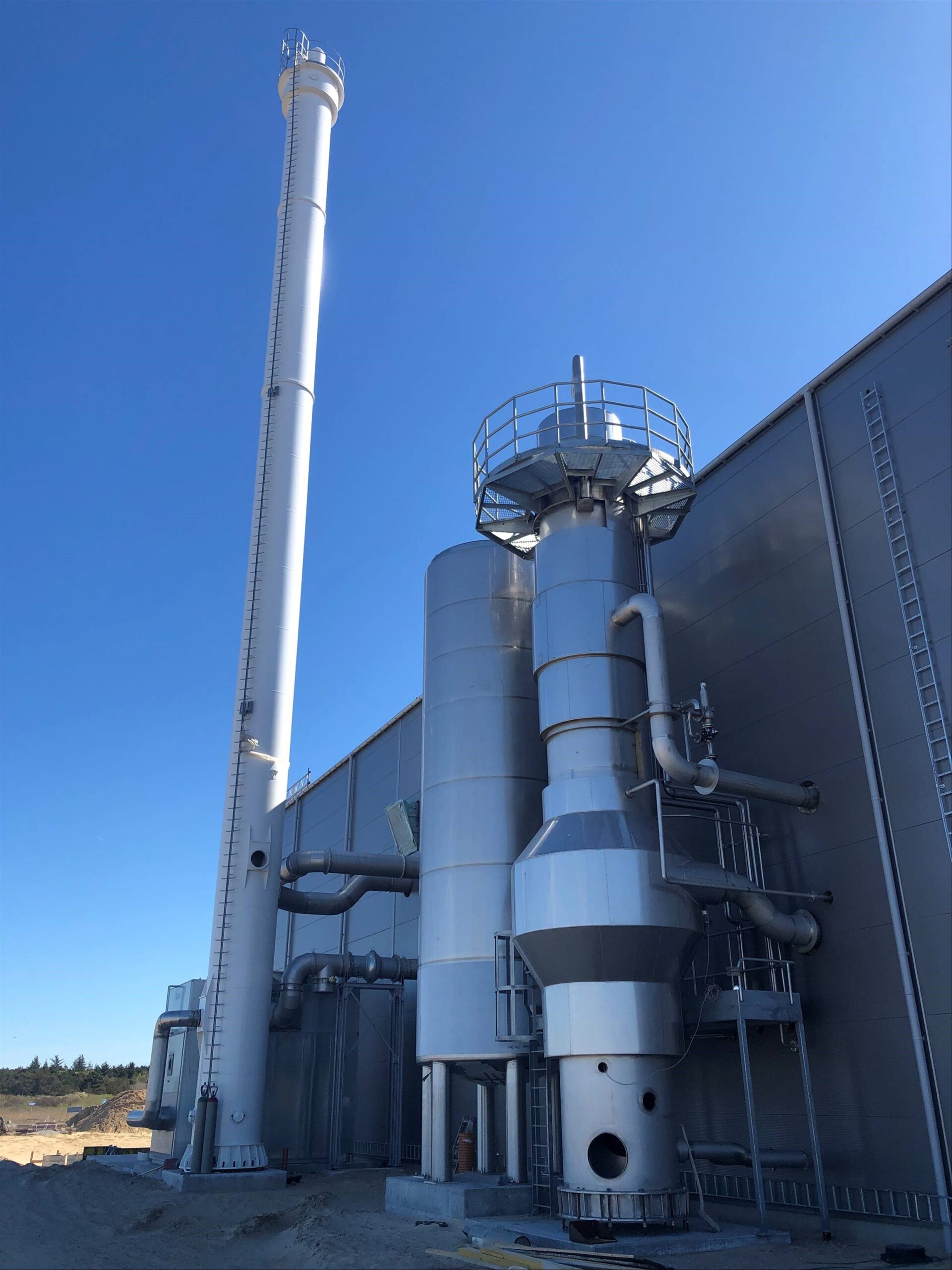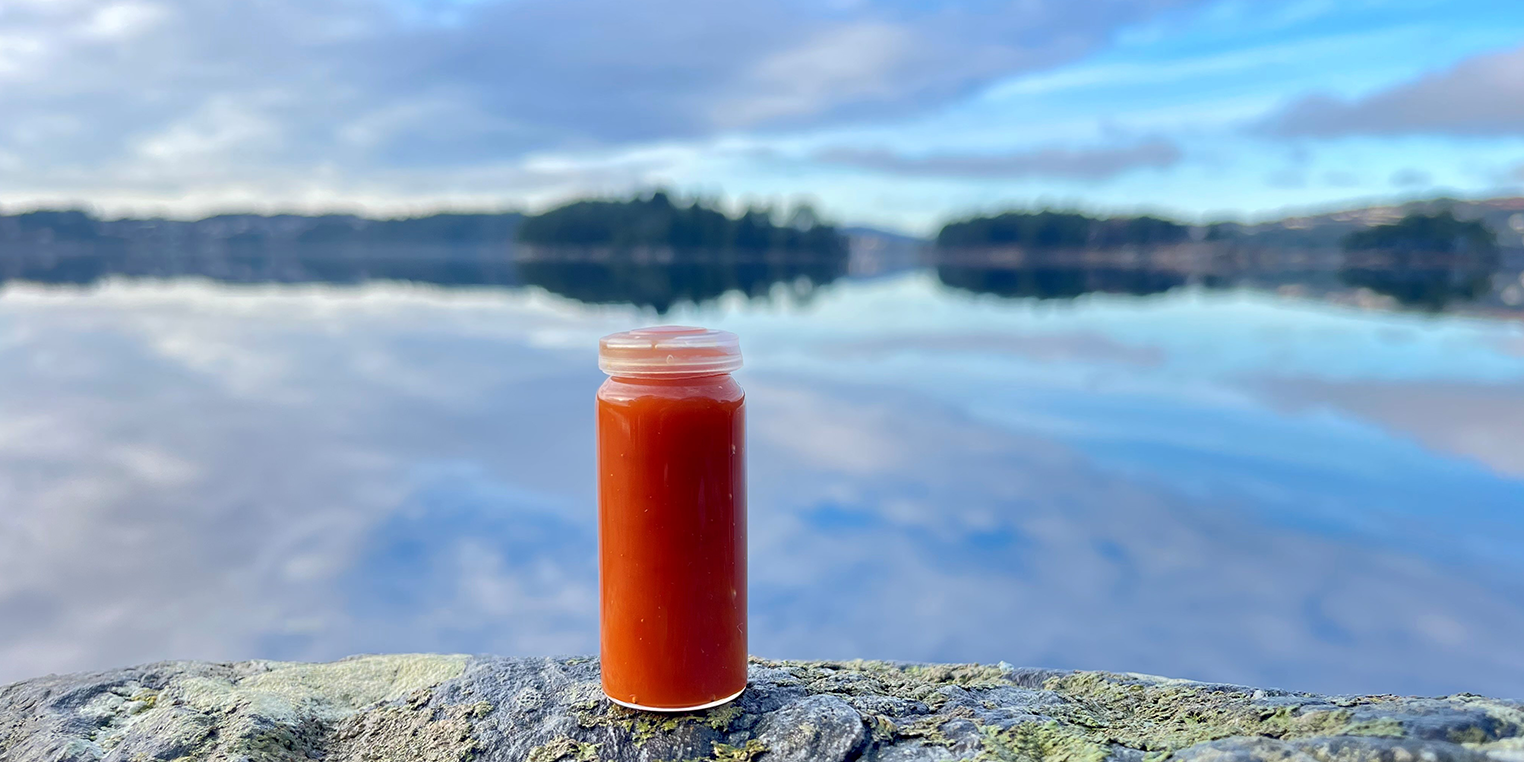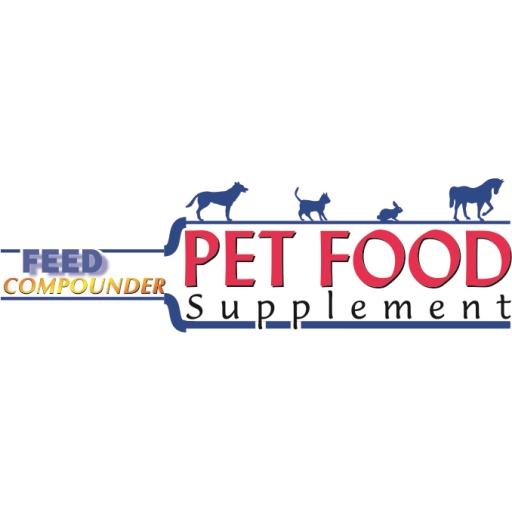Closing the loop:
How biomega® is helping the pet food industry work towards zero waste
Waste is driving a triple planetary crisis of climate change – according to the United Nations Environment Programme (UNEP).
For years, our food production and consumption model followed a take-make-dispose linear system. However, those days are now over. With a bigger push for a circular economy, those in agriculture and aquaculture are adopting new and innovative techniques to begin overhauling global food, feed and pet food systems. But we have a long way to go. In its latest report, UNEP found that an estimated 931 million tonnes of food (17% of total food available) was discarded as waste by households, retailers and food service outlets in 2019(1).
Fortunately, initiatives like the Upcycled Food Association, are working to prevent food waste on this scale in the future. Under current estimates, the initiative could prevent 318 thousand tonnes of food waste per year(2). This rising imperative for zero waste solutions has revolutionised the way pet food is manufactured. Processes such as rendering has enabled the prevention of up to 50% of meat animal waste, with parts used to make protein ingredients for pet food, thereby reducing greenhouse gas emissions(3). Then, there are businesses like biomega® that use leading-edge biotechnology to transform salmon parts into premium ingredients for pet food manufacturers.
The turning point
The company’s CEO, Stig Petersen, recently shared his unique insight into how zero waste principles are evolving within the industry, particularly in response to changing consumer demands and legislation.
“For decades, high quality raw materials from the marine sector have delivered ingredients for feed and pet food next to human food, health and nutrition. We’re at a real turning point in driving the key issue of sustainability, where a larger part of these raw materials can be made available for human health and nutrition,” commented Petersen. “What is meant to be food must be utilised for food where possible and thereby sustainability, in the context of the health and nutrition sector, is certainly no exception. Innovation in process design and manufacturing is at an all-time high and the consumer is more engaged than ever before. It’s clear that logical and robust circular economies are the way forwards, both commercially and for protecting the future of the sector.
“Importantly for brands and product developers, as global consumers get savvier, the umbrella term ‘sustainability’ doesn’t hold the same commercial weight. Consumers want demonstrable proof and action. There’s a marked move towards building a stronger circular economy, removing waste from the equation. This covers areas such as manufacturing and logistics, but innovation can also be found in ingredient sourcing and production too. It’s likely that over the coming year, we will see massive acceleration in technology that directly addresses circular economy principles.”
Reduce, reuse, recirculate
Championing zero waste operations is part of the Norwegian-based company’s ethos – and they are not alone. According to Euromonitor research, many top global packaged food and pet food players have already defined their sustainability approach. Between 2020 and 2021, 80% of those companies identified had committed to reducing impacts on the environment with emissions-based targets(4). This included a stronger focus on renewable energy, sustainable and regenerative agriculture and carbon neutrality.

“We’re proud to be well positioned regarding sustainability at biomega®,” continues Petersen. “Reducing the environmental burden of business has been crucial to our activities and we’ve been in the fortunate position of leading by example. For instance, our business has been certified by aquaculture environmental organisations previously and we have now started the process to achieve ASC certification as testament to our responsible operations. This includes sourcing from approved Atlantic salmon and optimising the use of marine resources.”
For biomega®, location is pivotal to its success. The biosciences business has taken additional steps to ensure its operations are keeping carbon emissions to a minimum. As such, it is currently in the final stretches of building its new biorefinery at the Port of Hirtshals, Denmark, which is on track for completion this summer. The new multi-million EUR biorefinery will aim to support petfood and human nutrition manufacturers by extending the company’s capacity by a minimum of 20k MT raw materials. It forms part of a major investment by AMERRA Capital Management, which acquired biomega® in 2017, and Mirova Natural Capital.
“With the Nordic region continuing to lead from the front to become 100% self-sufficient in terms of its gas supply, the Hirtshals biorefinery sources its gas directly from Danish distribution, of which 30% is sourced from biogas,” says Petersen. “Due to its location, any surplus energy will also be circulated around the port for future operational use. Aside from energy consumption, our new biorefinery is also located closer to the source of our raw material, further minimising our carbon footprint.”

Meeting net-zero emissions targets
Known as the green port development, the large-scale project aims to make the Port of Hirtshals a pioneer in sustainability. By 2027, it hopes to offer green energy as standard and operate a smart energy system, where surplus heat can be reused as part of industrial symbiosis(5). Projects like these form part of Denmark’s pledge to reach its 2030 target of 70% emissions reduction and climate neutrality by 2050(6). For biomega®, the biorefinery also assists in Norway’s push to reach net-zero targets by 2050 too(7).
“By upcycling undervalued sidestreams through our enzymatic hydrolysis process into high-quality, premium ingredients for use in petfood, aquaculture and human nutrition applications, biomega® is a part of the responsible consumption and production movement,” explains Petersen. “Aligning with the UN Global Compact and sustainable development goals, we are forging a path that enables pet food manufacturers and brands to choose zero waste from the outset.”
With more than 20 years of investment in its research and development into sustainable processes, biomega® is helping its customers and suppliers work towards a fully traceable and circular marine production system. Its biorefinery in Norway – and soon Denmark – operate to a 24/7 production continuity model using enzymatic hydrolysis. The patented process delivers minimal environmental damage due to its gentle separation system, while utilising every part of the raw material. The company’s year-round production processes seek to deliver consistent yield without hindering quality, making it much more cost-effective for petfood and aquafeed businesses.
All-natural ingredients
Salmigo® is the company’s brand name for its salmon proteins and peptides used in premium petfood applications. These salmon peptides are processed from fresh Atlantic salmon and contain approximately 90% proteins in the form of peptides and free amino acids. As a highly digestible nutritional source of protein, the Salmigo® range has a high biological value, featuring long-chain EPA (eicosapentaenoic acid) and DHA (docosahexaenoic acid) omega-3 fatty acids, natural vitamins and astaxanthin.

“Our manufacturing process enables pet food brands and retailers to benefit from a high-quality peptide for food, treats and snacks. The process involves no added preservatives and retains the superb nutritional benefits from the raw materials, which delivers excellent palatability for cats and dogs,” says Petersen. “Our latest research highlights Salmigo® Protect L60, for instance, can potentially replace glycerine – a nutritionally devoid ingredient – in semi-moist pet snacks. This is a major advantage for petfood applications that want to promote highly nutritional, natural ingredients in their range.”
With all-natural ingredients, companies such as biomega® are not just focusing on what’s most important to pet food brands, but what is the most authentic and sustainable way to move towards a world without waste. Even global consumer surveys suggest that six in ten people say that where and how a product is made is very important to them(8).
Here, the takeaway is clear, as Petersen concludes: “Collaboration to close the loop is needed if we are to reach net zero by 2050 – and sharing that insight is key to preserving our planet’s natural resources. If we close the knowledge gap, closing the loop is not far behind.”
References
1. UNEP, ‘Why humanity needs to overhaul its food system’, February 2022
2. Upcycled Food Association via Pet Food Processing, Sustainable certification will prevent 703 million pounds of food waste, January 2022
3. North American Renderers Association via Pet Food Processing, ‘It’s a necessity’: finding more sustainable ingredient sources for pet food and treats, April 2021
4. Euromonitor International, Passport, Megatrends: From Sustainability to Purpose – Refocus on the planet, March 2021
5. Greenport North, Green value propositions in the Port of Hirtshals, 2022
6. CCPI, Denmark, 2022. https://ccpi.org/country/dnk/
7. Reuters, Norway wealth fun to push firms to have net-zero targets, April 2022
8. Bake Mag, Cargill Trend Tracker Insights, April 2022
Other Topics
Contact
Phone
01994 240002
Address
Plas y Coed, Velfrey Road, Whitland SA34 0RA
